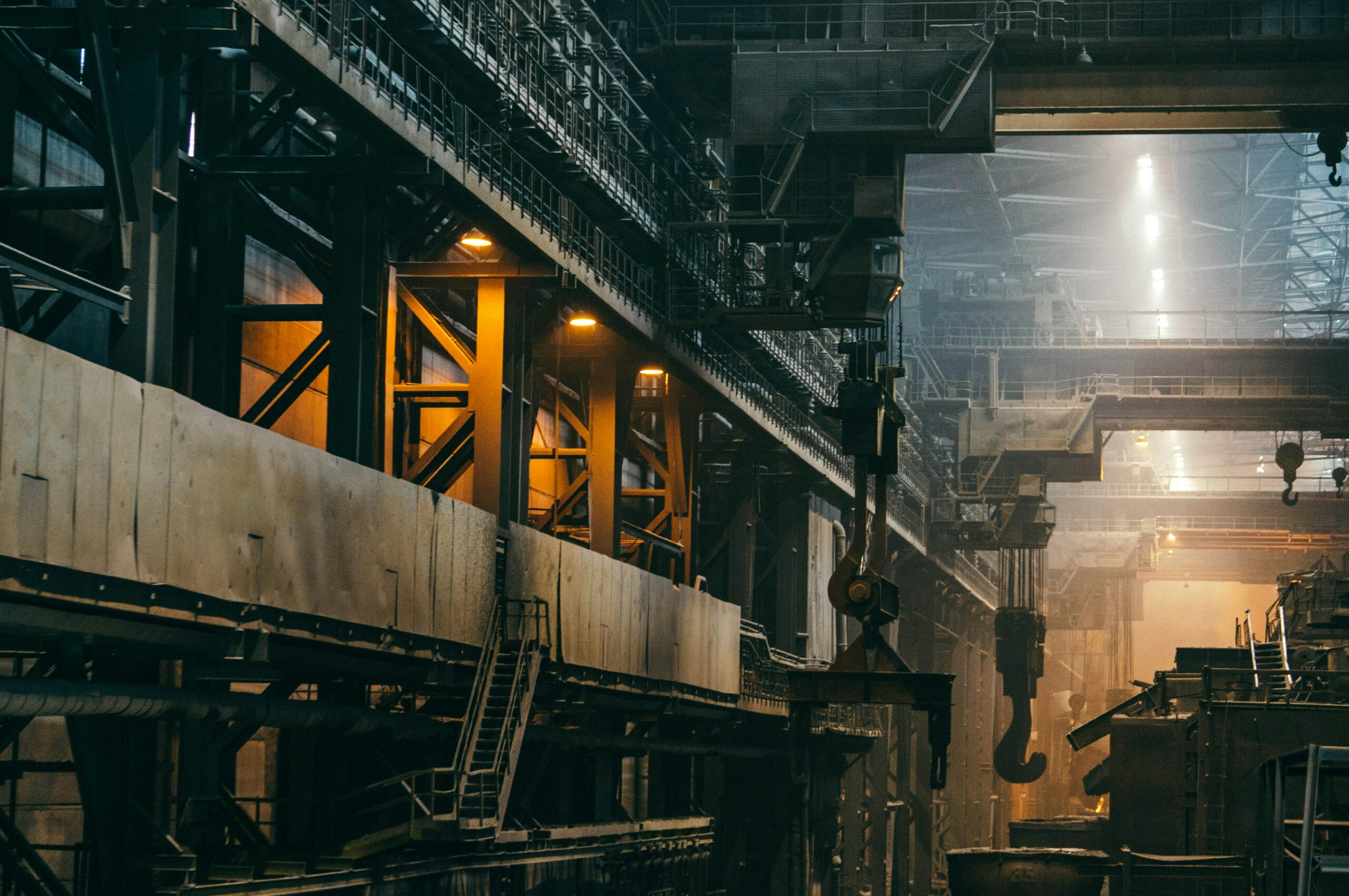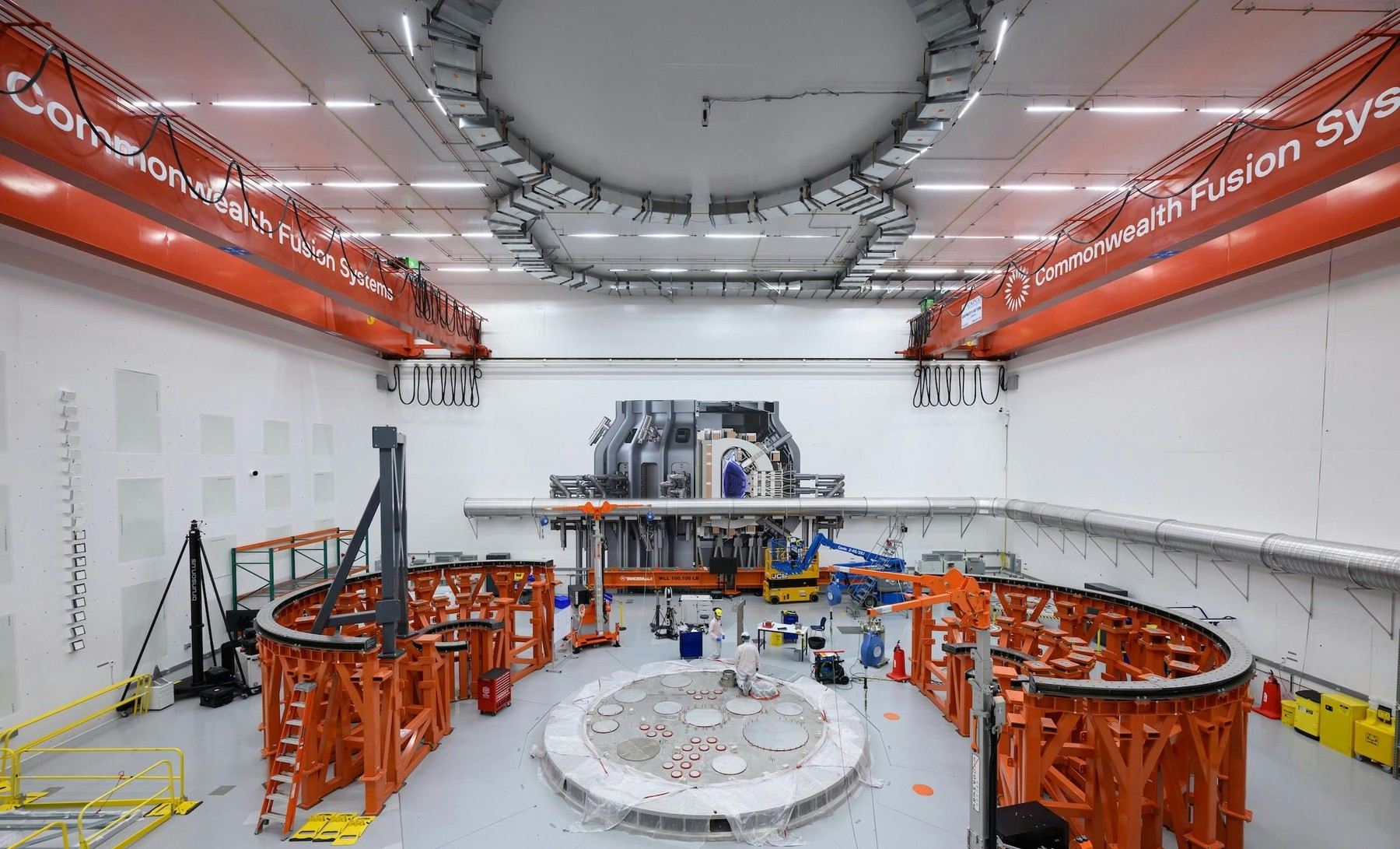Generative artificial intelligence (AI) has captured global attention for its creative capabilities, from generating text and images to producing music. However, its potential extends beyond mere innovation—it is proving to be a valuable asset in addressing urgent global challenges, particularly the climate crisis. At Amazon Web Services (AWS), generative AI is emerging as a transformative tool, aiding startups in the Climate Tech sector to accelerate the development and deployment of solutions crucial for achieving net-zero carbon emissions by 2050.
BrainBox AI, Pendulum, and VIA are examples of Climate Tech startups leveraging generative AI on AWS to combat climate change. Each company is contributing towards climate solutions by employing generative AI in innovative ways, ranging from building decarbonization and supply chain optimization to energy efficiency tracking and sustainability data management.
BrainBox AI: Accelerating Building Decarbonization
BrainBox AI focuses on decarbonizing and optimising commercial buildings, acknowledging that buildings account for a substantial portion of global energy consumption and emissions. Their autonomous AI system connects to HVAC systems, predicting and optimising temperature settings in real-time, reducing energy consumption and emissions without human intervention. What sets BrainBox AI apart is its use of generative AI to streamline the onboarding process for new buildings. By leveraging Amazon Bedrock, they’ve significantly reduced the time required for power tagging, enabling quicker and more widespread implementation of their solution.

Pendulum: Decarbonizing the Supply Chain
Pendulum addresses the carbon emissions generated by supply chains, estimated to contribute 60 percent of global emissions. Their AI-powered solutions predict demand, plan supply, and geolocate shipments, helping organisations manage operations more efficiently and reduce waste. Using generative AI, Pendulum decodes unstructured data in areas like precision agriculture, allowing farmers to optimise resource usage, reduce costs, and minimise their environmental impact. This approach has not only enhanced operational efficiency but has also reduced the time required to decode documents by an impressive 83 percent.
VIA: Private and Secure Sustainability Data Management
VIA tackles the challenge of tracking energy data at the individual level while respecting privacy concerns. Their decentralised software solution utilises zero-knowledge proofs to provide sustainability data without sharing sensitive information. By employing generative AI, VIA ensures that users can interact with the system without compromising their private data. This approach has proven effective in sectors with stringent data privacy requirements, such as the U.S. Air Force, where VIA’s solution enables personnel to access critical data without violating privacy protocols.
The collaboration between generative AI and Climate Tech startups is still evolving, presenting opportunities for further innovation. AWS envisions several potential applications, including data augmentation for predictive model training, improving manufacturing efficiency, and synthesising new protein sequences for sustainable agriculture. The ability of generative AI to generate synthetic data, predict equipment failures, and design proteins holds promise for diverse applications in the fight against global warming.
To stay informed about the climate industry explore our latest climate news.
Featured Image: Credit: Brainbox AI








